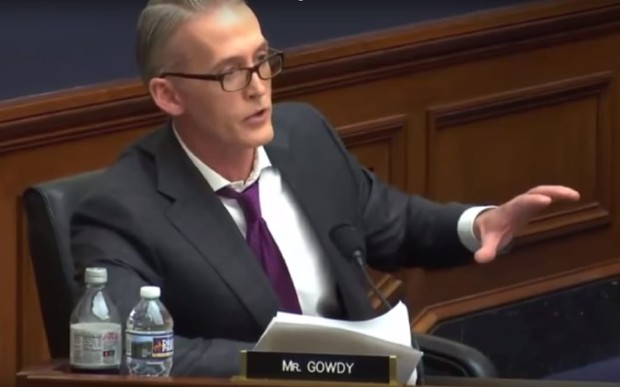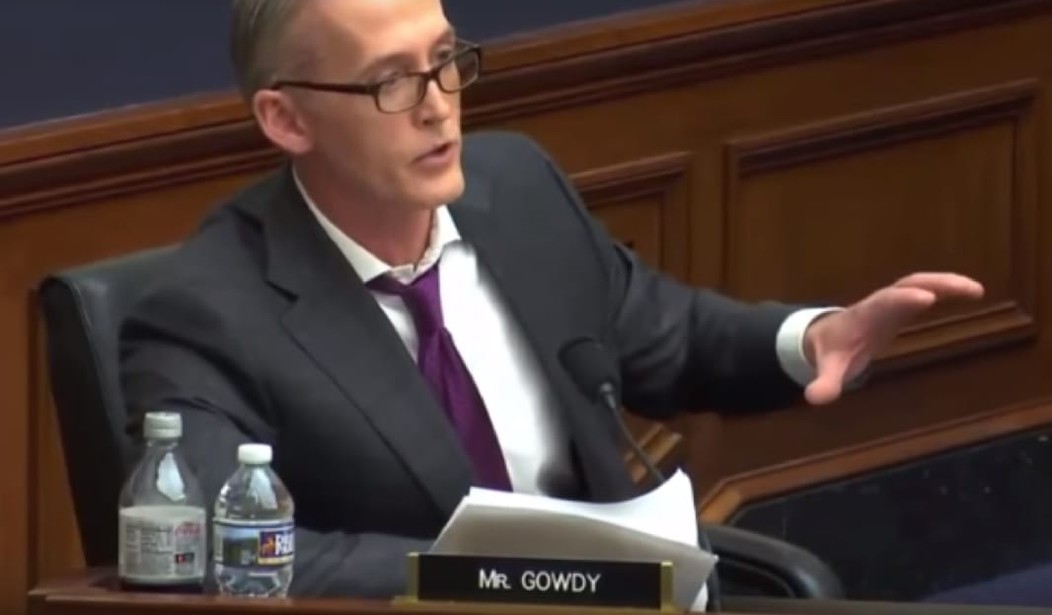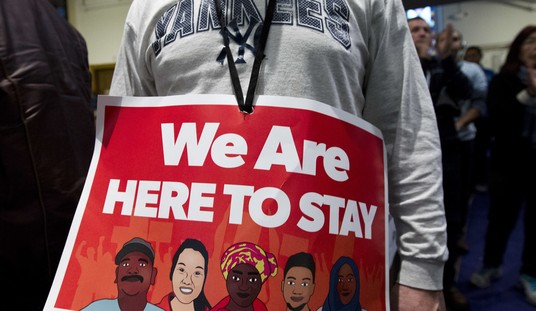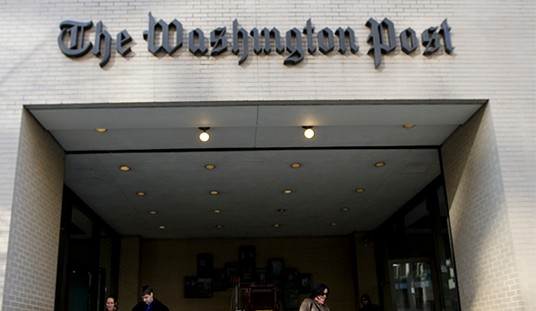
Having apparently abandoned the Russia-collusion narrative (for good reason, this Federalist piece is a must-read), the folks who are counting on President Trump being impeached are now looking at “obstruction.” As I understand it, obstruction happens when a person entitled to fire an employee actually fires an employee and the project the employee was working on continues anyway. I say that because the firing of former FBI director James Comey is being held up as an example of obstruction and allegedly the memos he gave to his friend to leak to the New York Times are the evidence.
As Byron York points out, there is something very strange going on with the memos. In the case of the FISA warrant application on Carter Page, and the documentary evidence that supports it, the FBI has allowed members and staff of the relevant oversight committees to read the file and take notes. It was that accessibility that led the House Intelligence Committee to release its memo on the use of the Trump dossier in getting that FISA warrant. Both the application and the backup documents contained actual classified information.
Finally, in July 2017, the FBI allowed lawmakers to see the memos. But the bureau made sure the information in the memo was severely restricted.
For the Senate Judiciary Committee, which directly oversees the FBI, the bureau allowed only two committee staffers to see the memos. They had to go to the FBI, and an FBI minder was in the room at all times. They were not allowed to make copies or take notes. The FBI later took the memos to the Senate to allow Grassley to read them. But the same rules applied: FBI minder, no copies, no notes.
The no-notes restriction was unusual, because committee staff had been allowed to take notes from the Trump-Russia Foreign Intelligence Surveillance Act, or FISA, applications, which were highly classified. Some of the Comey memos were not classified at all.
And, of course, both Republicans and Democrats on the Judiciary Committee had asked to be given the memos, not be given a chance to read them. That still hasn’t happened. “The chairman and ranking member asked for copies of the memos,” said a committee spokesperson Wednesday. “The FBI has yet to actually turn over those documents to the congressional committee tasked with overseeing the bureau and the Justice Department.”
On the House side, Republican Rep. Trey Gowdy, R-S.C., among a few others, was allowed to read the memos under the same conditions: FBI minder, no copies, no notes.
What struck Gowdy was the general absence of classified information in the memos or any other reason they should remain secret. Out of a total of seven memos, the FBI had marked four as classified at the “secret” or “confidential” levels — not the highest level — but even with those memos, it appeared to Gowdy that they could be released publicly with only minimal blacking-out.
“What would need to be redacted would be incredibly small and really would not interfere with the substance of the memos,” Gowdy told me in a phone conversation Wednesday. “I read them a long time ago, and I still don’t know why they’re not in the public domain. If they were really helpful for the Democrats, they would have been leaked a long time ago.”
That would be my assessment, too. Anything that is even vaguely useful to the cause of damaging Trump is leaked by Adam Schiff in just a few minutes. This is the reason we still don’t know what is in the Democrat “counter memo” on the use of the Trump dossier in Carter Page’s investigation.
Gowdy went further last month:
“I have read every one of Comey’s memos. They would be defense ‘Exhibit A’ in an obstruction of justice case. Not prosecution ‘Exhibit A’ – defense ‘Exhibit A’.”
It is difficult to conclude that the memos are being classified for the same reason the FBI sought to classify large portions of the criminal referral Grassley sent to Department of Justice, it made the FBI look bad and the material was declared to be classified in order to keep it from becoming public.














Join the conversation as a VIP Member